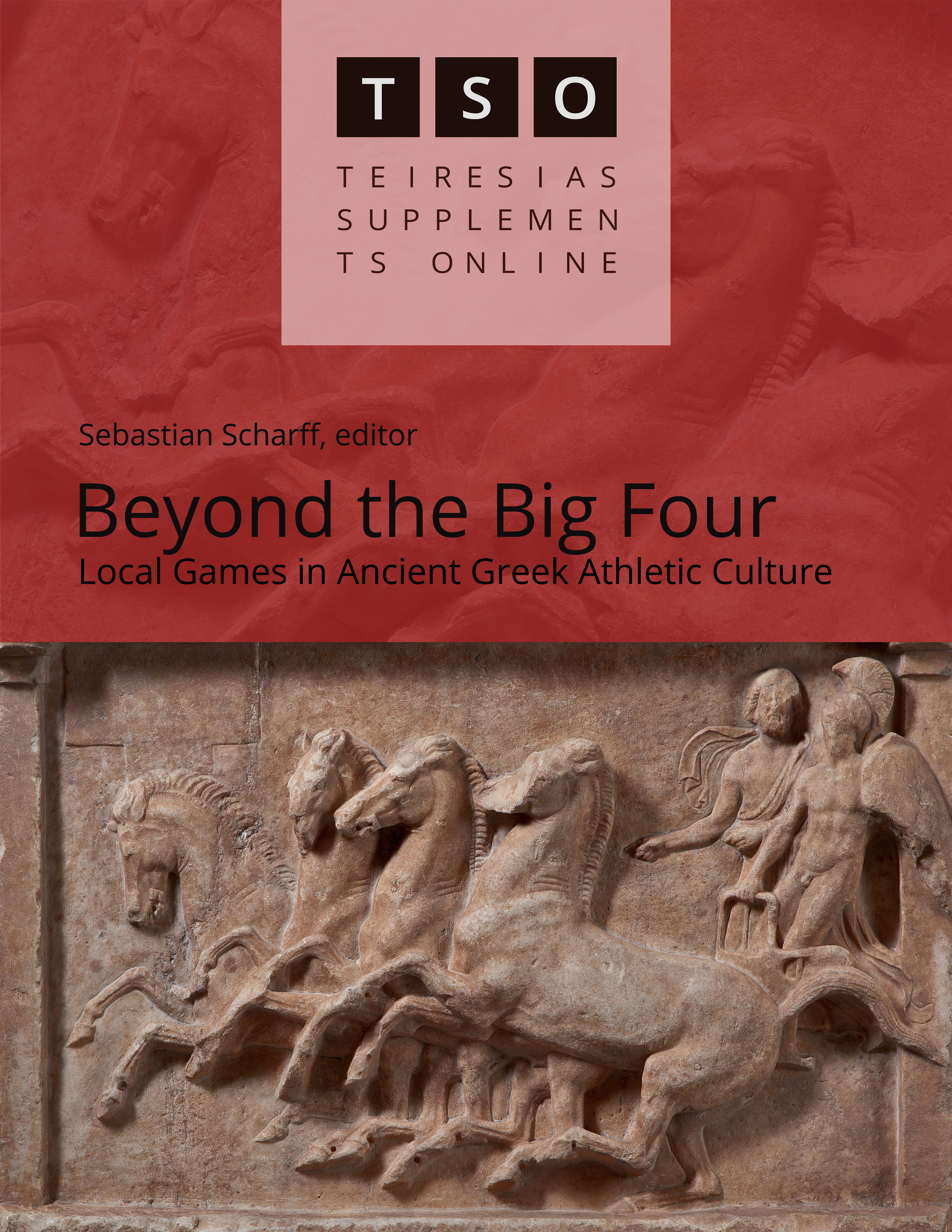
Current Issue

In the course of the sixth century BCE, the festivals of Olympia, Delphi, Isthmia, and Nemea canonically emerged as the four most important Greek athletic contests. Beyond these games, which are comparatively well studied, there was a very large number of local contests that shaped the agonistic world of Greek city-states. Focusing on local, small-scale contests and the significance these festivals had for their organizing communities, this volume explores the aspect of competitions in the shadow of the Big Four. Most eminently, the book explains how the contests served as occasions on which a local identity was articulated; in this vein of inquiry, the assembled papers intersect with recent research on localism in ancient Greece. The authors shed light on all aspects of local athletic festivals, including the analysis of local disciplines, prizes, and rules. They also consider local catchment areas and ask what the games meant for each community: why and when the games were founded, how many athletes participated, and what role local sports heroes played in the political communities that put on the show.
